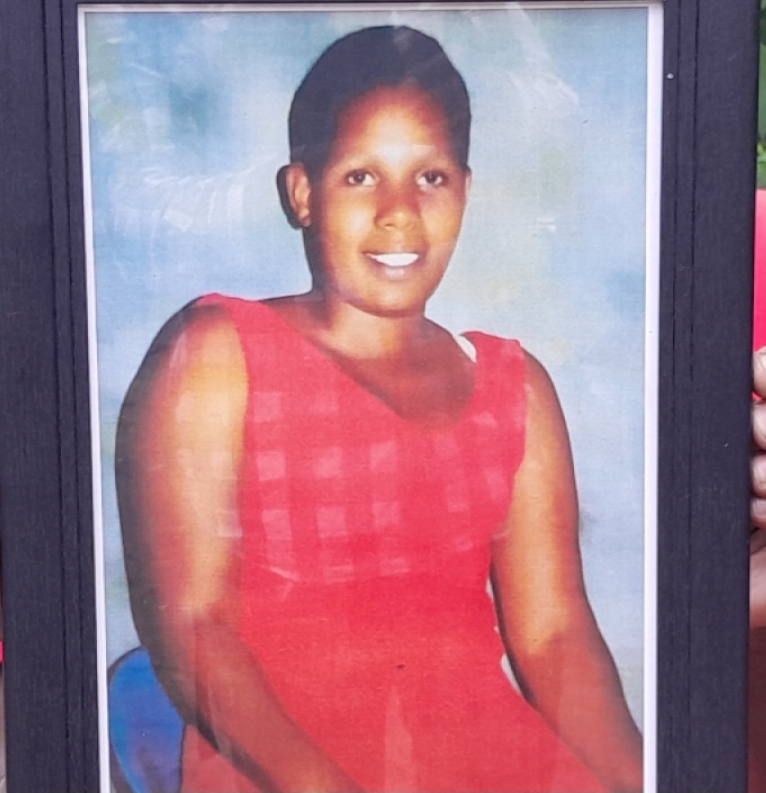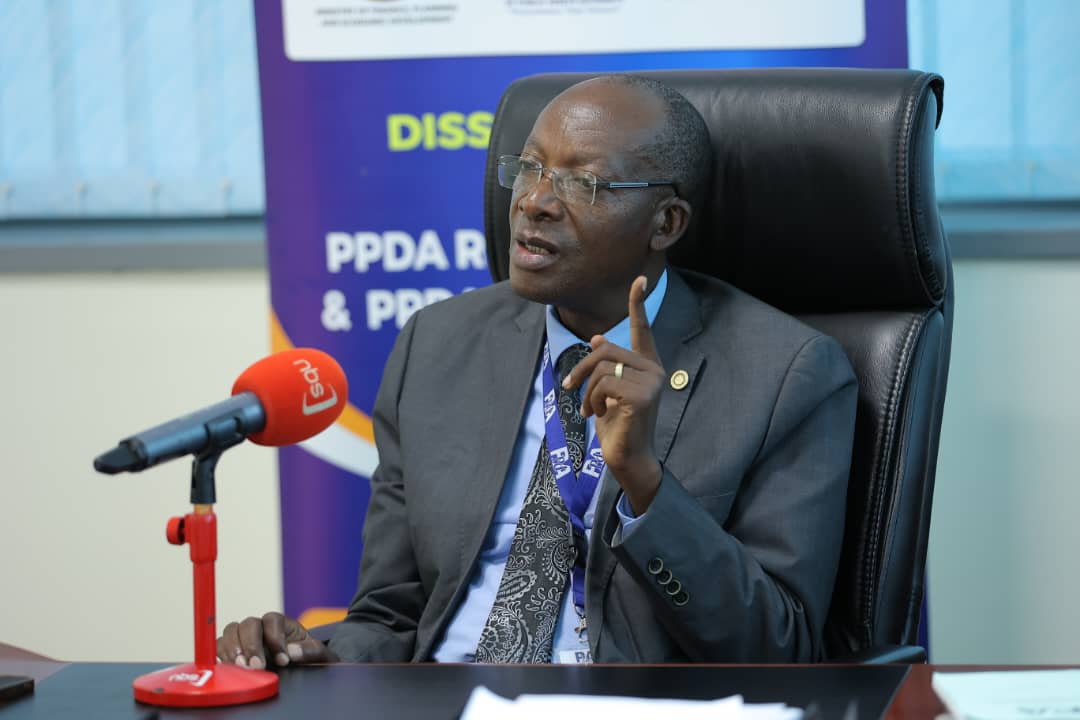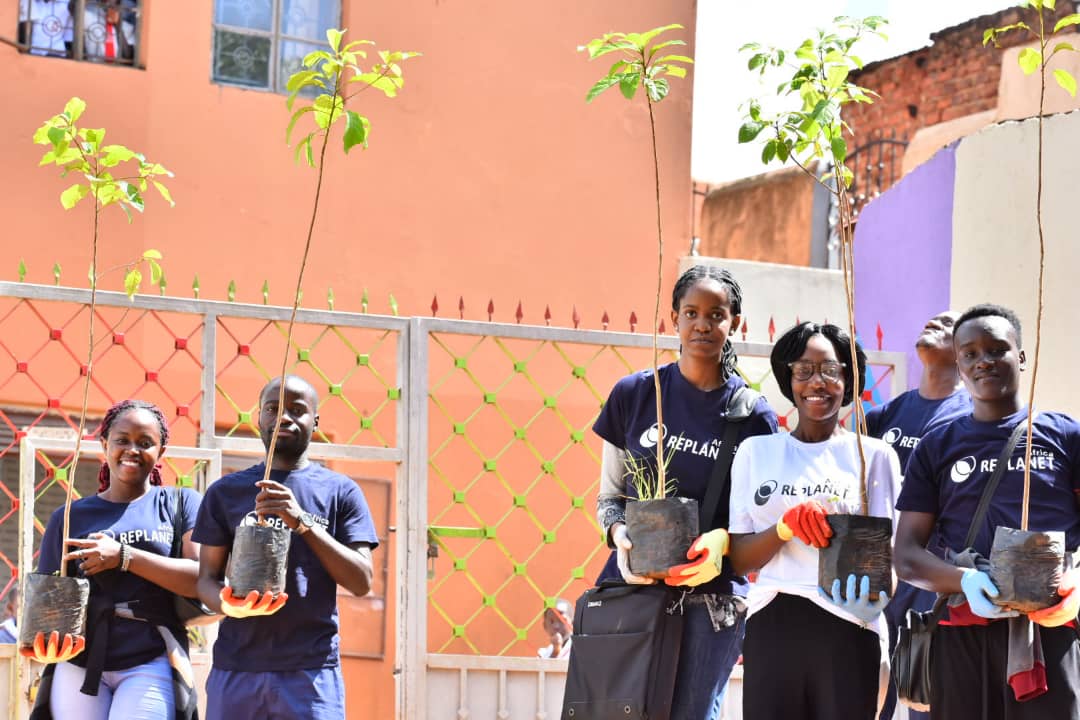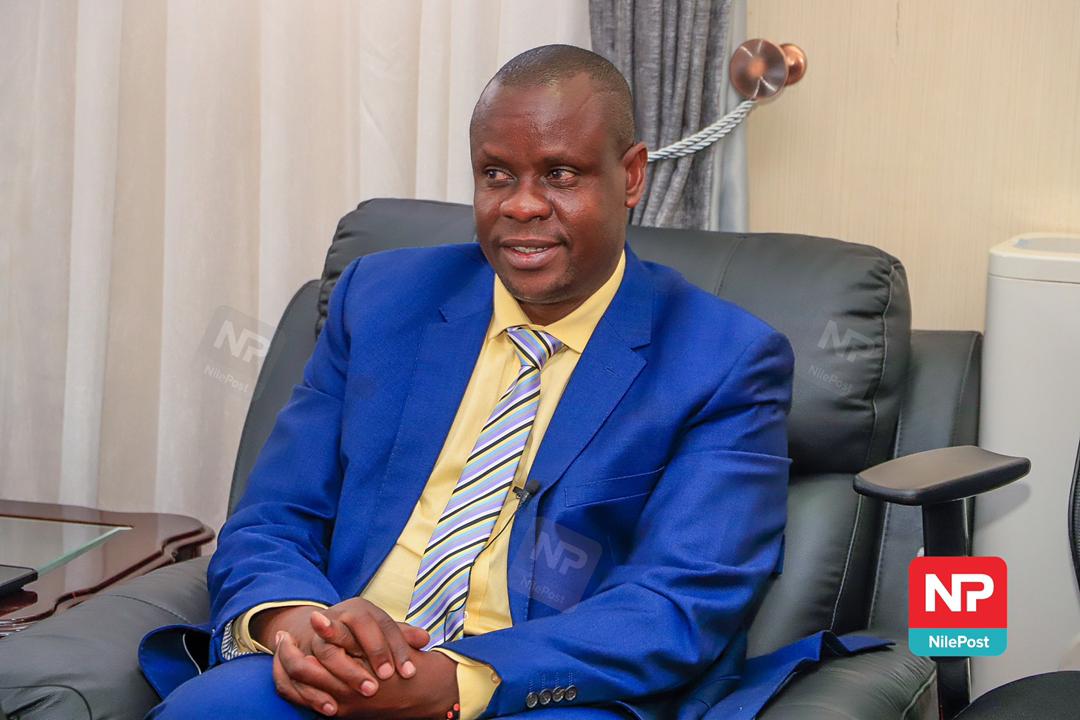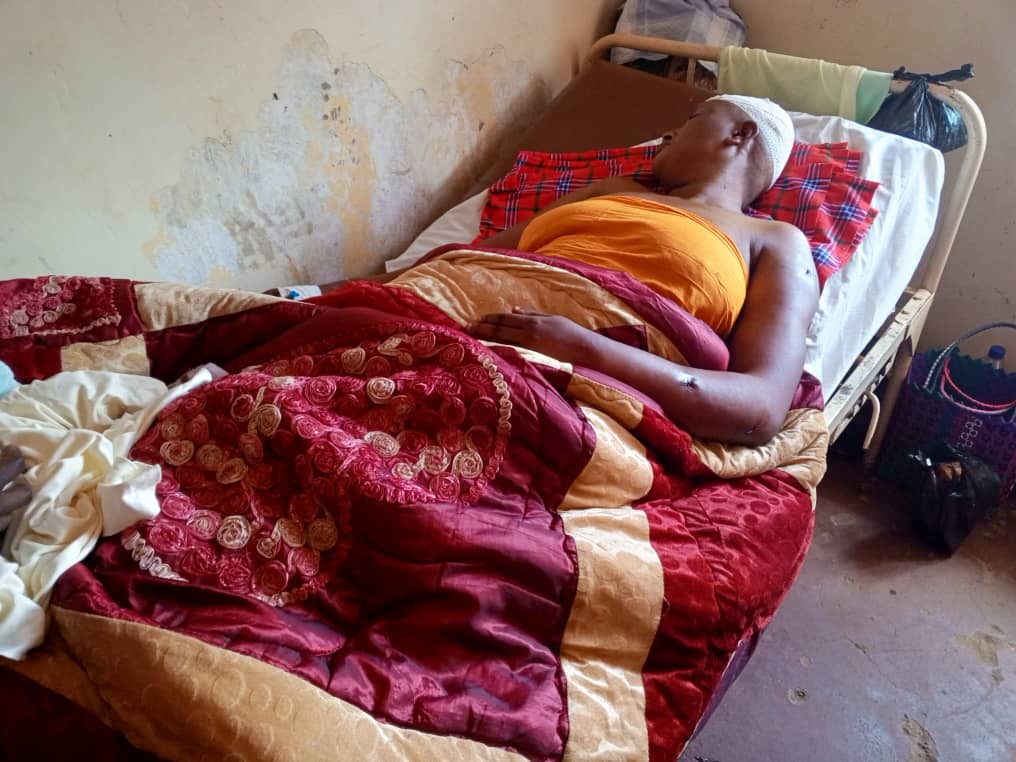Don't forget children as Uganda struggles to stop spread of Covid-19
Epidemics usually expose inequalities in society among different demographics. In the context of the COVID19 pandemic, children have become more vulnerable, a group of people in society because they have been impacted indiscriminately.
The vulnerability of these children comes in many forms; children with disabilities, refugee and low-income children, those in risky homes as well as children in the remote rural areas. For countries in Sub-Saharan Africa, the virus’ implications (health and socio-economic) will be worse because of the region’s deteriorating economies.
With overwhelmed health facilities from the pandemic, there could be increased mortality rates in children from other preventable diseases such as HIV, Tuberculosis and Malaria. This is simply because the medicine supply chains were immensely disrupted because of the transport restrictions and global funding that has also been lowered.
Malaria deaths are estimated to rise up to 769,000 in Africa, levels that were last seen 20 years ago. The pandemic has therefore magnified many problems children face on a daily basis throughout their growth and development to adulthood.
The closure of schools and other learning institutions has put children’s social and learning life cycle in jeopardy. By 30th March 2020, Uganda was on total lockdown. With the closure of schools, over 15,100,000 learners’ education is still probable for continuity because the education system’s post-pandemic capabilities are very questionable. With Uganda’s school dropout rate at 42.8%, there is a likelihood that many girls especially those in the rural districts of the country will never return to school.
This is solely because some have been forced into early marriages for bride price and burden relief since their parents are already staggering with sustaining their families amidst the pandemic. Schools are not only a place for learning for these children but also an environment free from exploitation and violence that are key players in children’s development.
The reduction of household income due to the COVID19 lockdown will force more children to be involved in labour exploiting jobs. Many children are now working at food markets, constructions sites and street vending to be able to support their families. In Uganda, this picture is clearer on the various streets downtown, Kampala; 7:00 am in the morning, children are already on these streets selling maize, bananas and mandazi to people in the work rush hour. Child labour not only affects the overall social development but also puts children at risk of mental related illnesses.
The malnutrition problem will worsen among children as families are struggle to put food on the table. The rising food prices of crops such as maize, beans and sorghum can’t be matched by the low purchasing power of the consumers who are already struggling with the monetary Covid19 distress. Households that can’t attain nutritious food due to income poverty are inevitably associated with malnutrition diseases such as kwashiorkor.
In April 2020, the World Food Program also reduced its food relief programs to refugees in Uganda by 30% which possibly put many refugee children at the risk of extreme hunger. Malnutrition has both short and long term implications on these children from being at a greater risk of dying from COVID19 to growing up to become physiologically unstable adults.
Conclusively, much as the governments are trying to mitigate the health and economic impact of the pandemic on their economies, more emphasis needs to be put on children in order to raise generations that will be better prepared for the future uncertainties like COVID19
MACLEAN ATUHAIRE is a UGANDAN writer/author whose work has been published by the Nile Post. Her work focuses on socio-economic issues that she hopes is impactful and enlightening to the readers. Get in touch with her at macleanatuhaire@gmail.com and follow her on twitter @AtuhaireMaclea.


